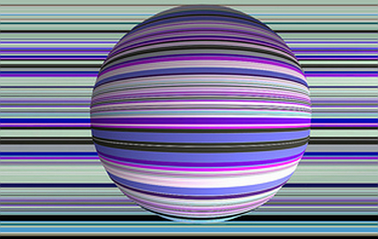Fill your free time
 −
2
∫
2
−
4
−
x
2
∫
4
−
x
2
−
4
−
x
2
−
y
2
∫
4
−
x
2
−
y
2
(
x
2
+
y
2
+
z
2
)
2
3
d
x
d
y
d
z
−
2
∫
2
−
4
−
x
2
∫
4
−
x
2
−
4
−
x
2
−
y
2
∫
4
−
x
2
−
y
2
(
x
2
+
y
2
+
z
2
)
2
3
d
x
d
y
d
z
If the value of triple integral above equals to B A π for coprime positive integers A and B , find the value of A + B .
Image Credit: Flickr lalique7 .
The answer is 131.
This section requires Javascript.
You are seeing this because something didn't load right. We suggest you, (a) try
refreshing the page, (b) enabling javascript if it is disabled on your browser and,
finally, (c)
loading the
non-javascript version of this page
. We're sorry about the hassle.
At first chaneg to spheric coordinates x = r c o s ( ϕ ) s i n ( θ ) y = r s i n ( ϕ ) s i n ( θ ) z = r c o s ( θ ) d x d y d z = r 2 s i n ( θ ) d r d ϕ d θ 0 ≤ r ≤ 4 c o s ( θ ) 0 ≤ ϕ ≤ 2 π 0 ≤ θ ≤ 2 π I = 0 ∫ 2 π 0 ∫ 2 π 0 ∫ 4 c o s ( θ ) r 3 ( r 2 s i n ( θ ) ) d ϕ d θ d r I = 0 ∫ 2 π d ϕ 0 ∫ 2 π s i n ( θ ) d θ 0 ∫ 4 c o s ( θ ) r 5 d r I = 2 π 0 ∫ 2 π s i n ( θ ) ( 6 4 6 c o s 6 ( θ ) ) d θ I = 3 4 0 9 6 × 7 π I = 2 1 4 0 9 6 π so A + B = 4 1 1 7